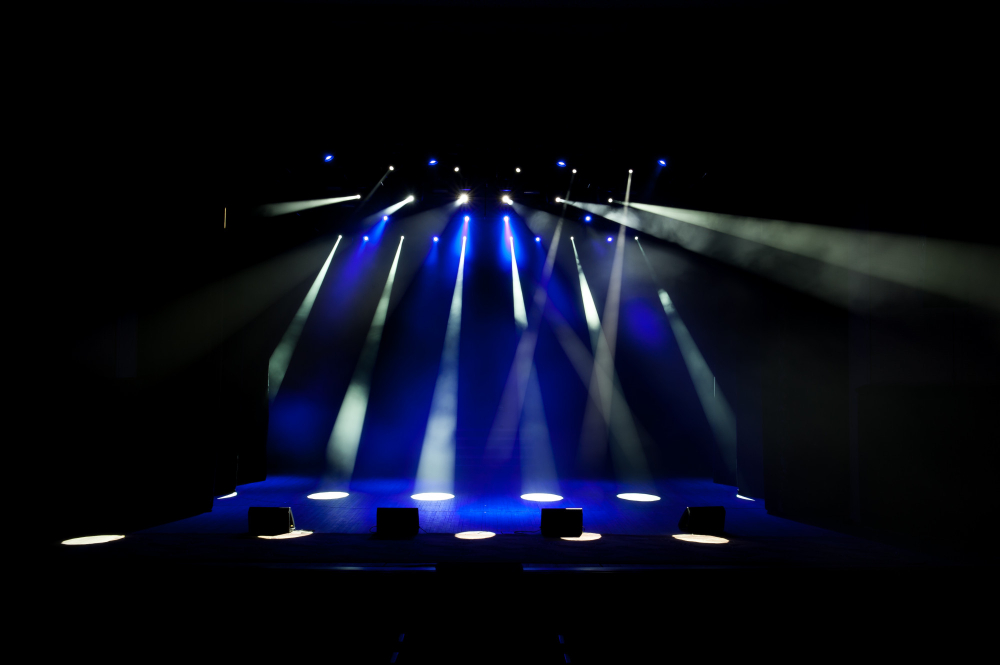
Choosing the right wattage for stage lights can be tricky—too little, and your show feels dim and lifeless; too much, and you risk overloading your system or overwhelming the audience. This guide will walk you through wattage basics, typical ranges by light type, and practical tips to help you find the ideal setup for your stage.
What Does Wattage Mean in Stage Lighting?
Wattage measures how much electrical power a light consumes. It is not the same as brightness (lumens), but there’s often a correlation—especially in traditional lighting. In modern LED fixtures, you can get higher brightness with lower wattage, making energy efficiency a key factor.
Stage Light Wattage by Type
Moving Head Lights
Typical Range: 100W – 1000W
Example:A moving head beam light with around 230W is great for small to mid-size venues, delivering punchy output with flexible positioning. For large concerts or theaters, moving head wash or spot lights with 700W and above offer broader coverage and higher intensity.
Par Lights
LED Par: 15W – 150W
Halogen Par: 300W – 1000W
Use Cases: LED Par lights are ideal for wash effects, ambient background color, and uplighting. Halogen Par lights are better suited for intense white lighting and dramatic stage coverage.
Spotlights / Profile Lights
Range: 300W – 2000W
Notes: Power depends on throw distance and brightness needs. Profile spotlights are essential for illuminating performers and stage focal points with precision and control.
Strobe Lights
Range: 50W – 1000W
Used for high-intensity flashing effects. Strobe lights with higher wattage can create bold, impactful moments that energize the audience.
LED Wall Washers / Strip Lights
Range: 18W – 300W
Ideal for architectural wash and set design backdrops. LED wall washers and strip lights provide even, colorful coverage across walls and scenic elements.
Effect Lights & Lasers
Range: <100W
Often used in conjunction with other light types to create motion or pattern effects. Laser lights and multi-eye effect lights bring energy and atmosphere to dance floors and theatrical moments.
How to Choose the Right Wattage for Your Stage
When planning your stage lighting setup, consider:
Stage Size & Height: Larger stages require higher wattage or more fixtures.
Lighting Purpose: Accent vs general illumination.
Fixture Quantity: Lower-wattage lights can work well in groups.
Power Supply Capacity: Check the total available load.
Wattage Planning Chart
| Stage Size | Suggested Total Wattage |
|---|---|
| Small (<50 sqm) | 1000W – 3000W |
| Medium (50–150 sqm) | 3000W – 8000W |
| Large (>150 sqm) | 8000W+ |
Common Mistakes to Avoid
Mistaking Wattage for Brightness: Always consider lumens and beam angle.
Neglecting Power Limits: Overloading can trip breakers or cause outages.
Ignoring Lighting Balance: Mismatched wattages can result in uneven lighting.
Wattage and Energy Efficiency: LED vs Traditional
LED stage lights consume significantly less power than halogen or incandescent lights while delivering comparable or greater brightness. This makes them a smart investment for venues aiming to reduce energy costs without sacrificing performance.
FAQ
How many watts is good for a small stage?
1000W–3000W total, depending on the number of fixtures and desired brightness.
Is higher wattage always better?
Not necessarily. Use wattage strategically based on light placement, purpose, and venue size.
Can I mix different wattages on one stage?
Yes. Just ensure a consistent lighting balance and avoid exceeding power limits.
What if I use too many lights?
It may cause electrical overload or visual clutter. Planning and testing are key.
Final Thoughts
Choosing the right wattage is about more than just power—it’s about creating the right mood, ensuring safety, and optimizing your energy usage. Whether you’re lighting a cozy club or a massive arena, thoughtful wattage planning will make your performance shine.
Need help finding the perfect lights for your stage? Contact us now.


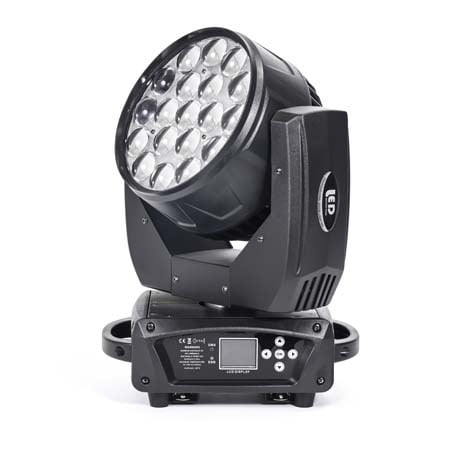





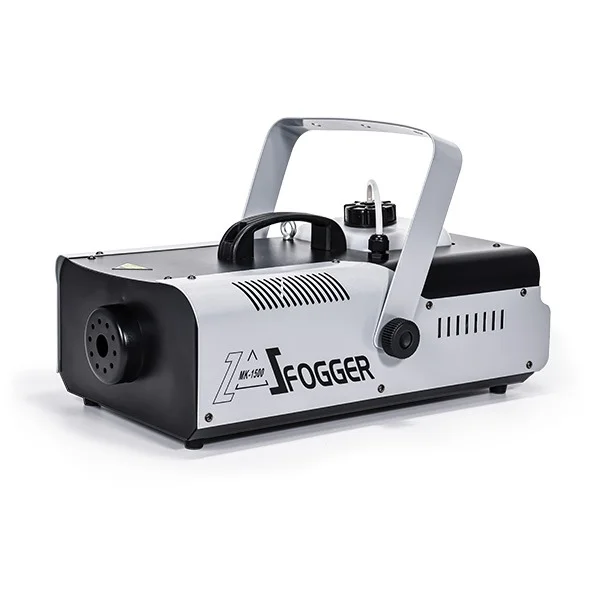
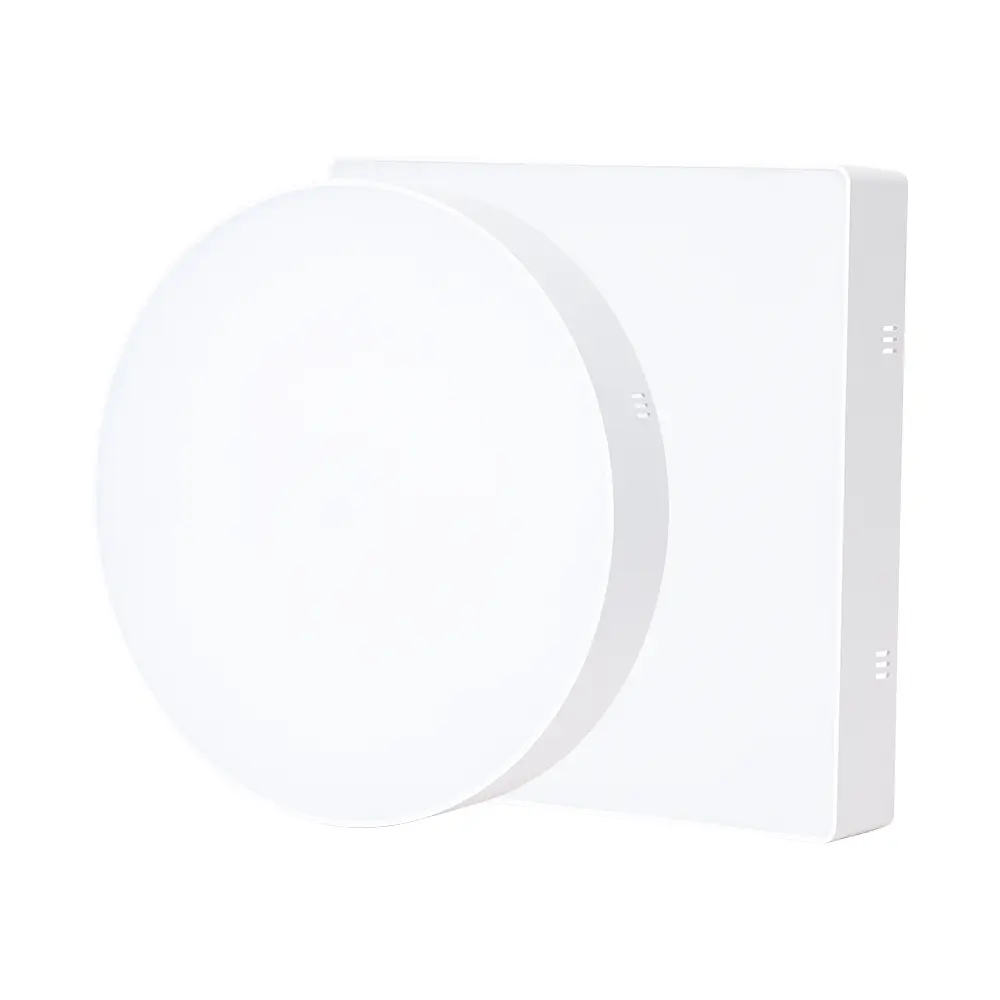

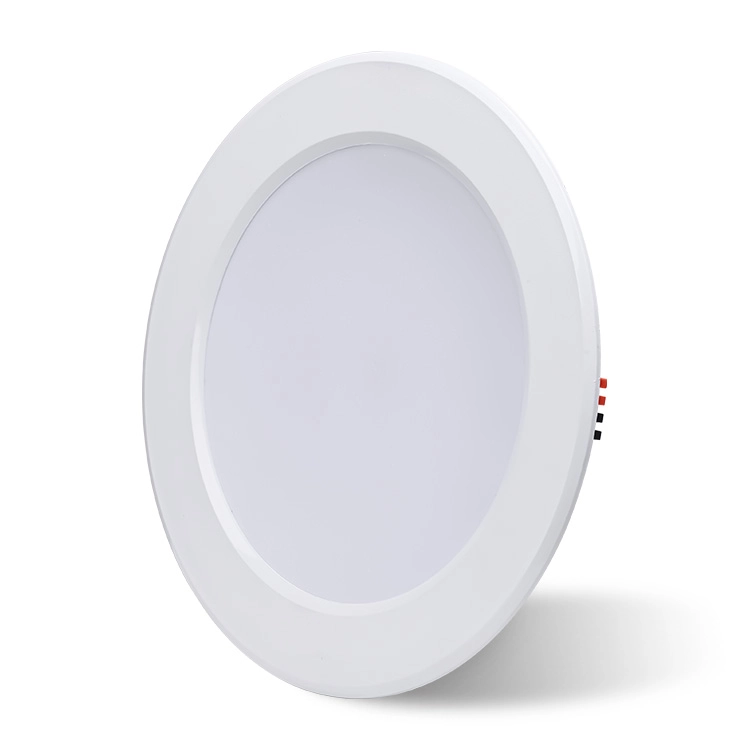
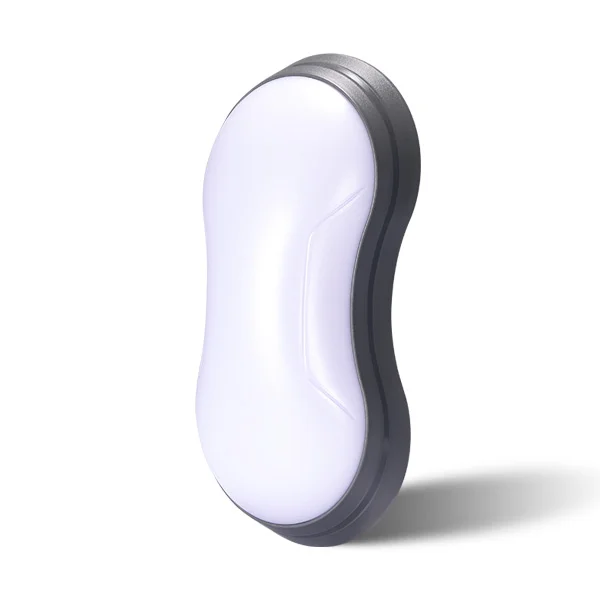

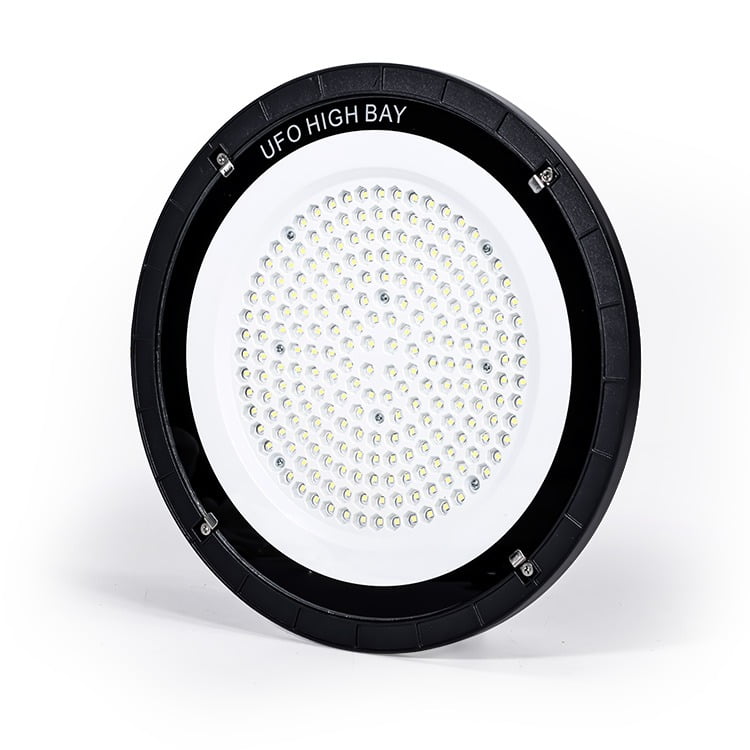
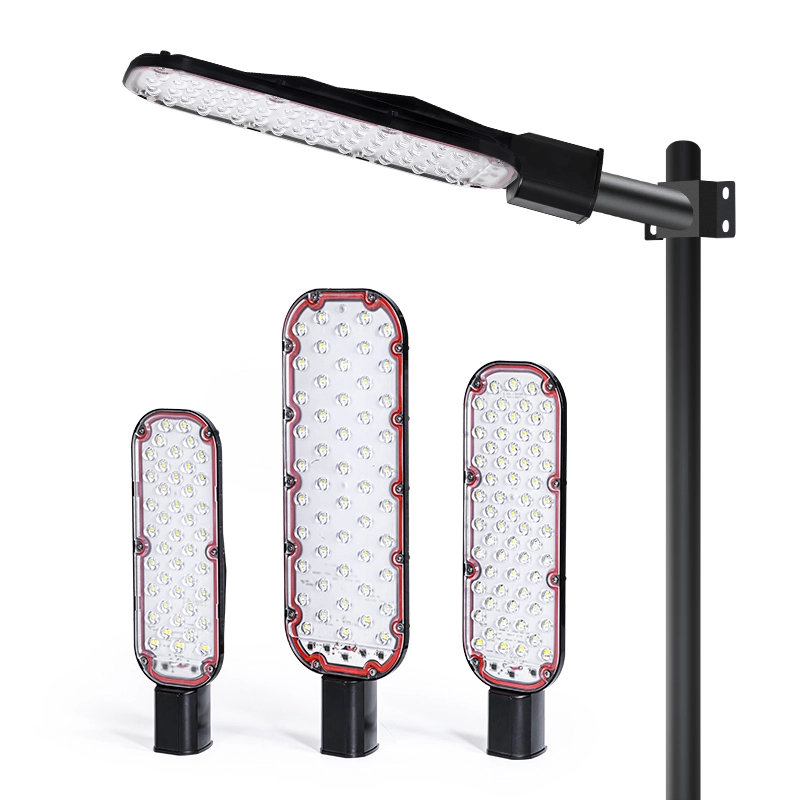

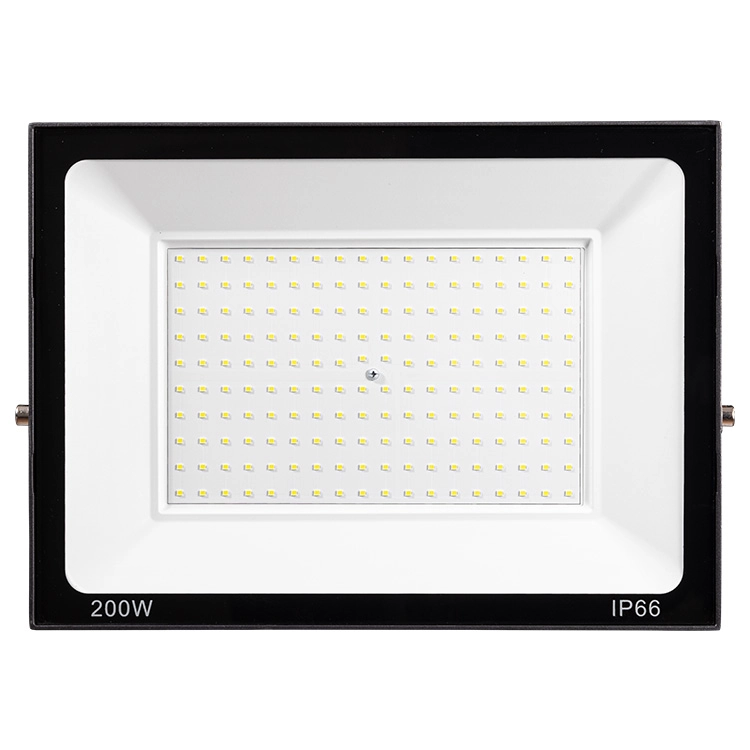
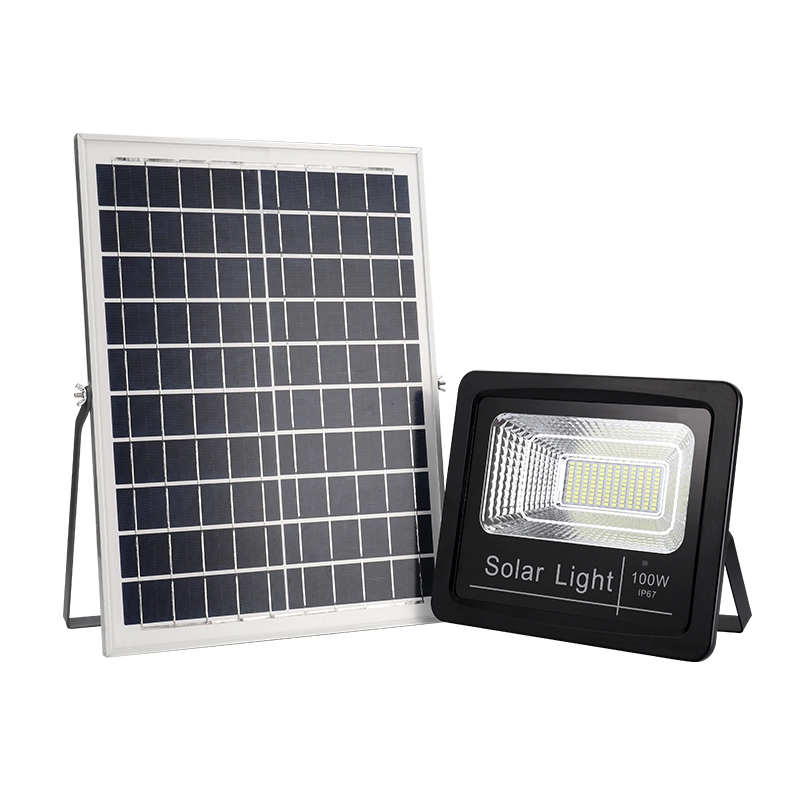
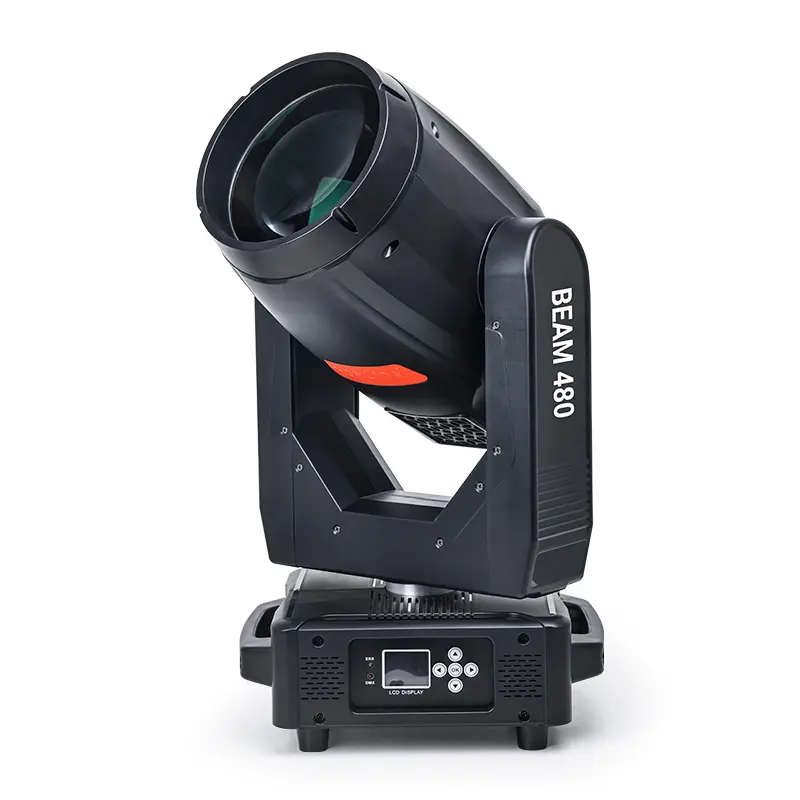







![Feature image 1 - Top 10 Stage Lighting Manufacturers[2025 Updated] - Vorlane - Vorlane Feature image 1 - Top 10 Stage Lighting Manufacturers[2025 Updated] - Vorlane - Vorlane](https://vorlane.com/wp-content/uploads/2022/12/Feature-image-1.png)


